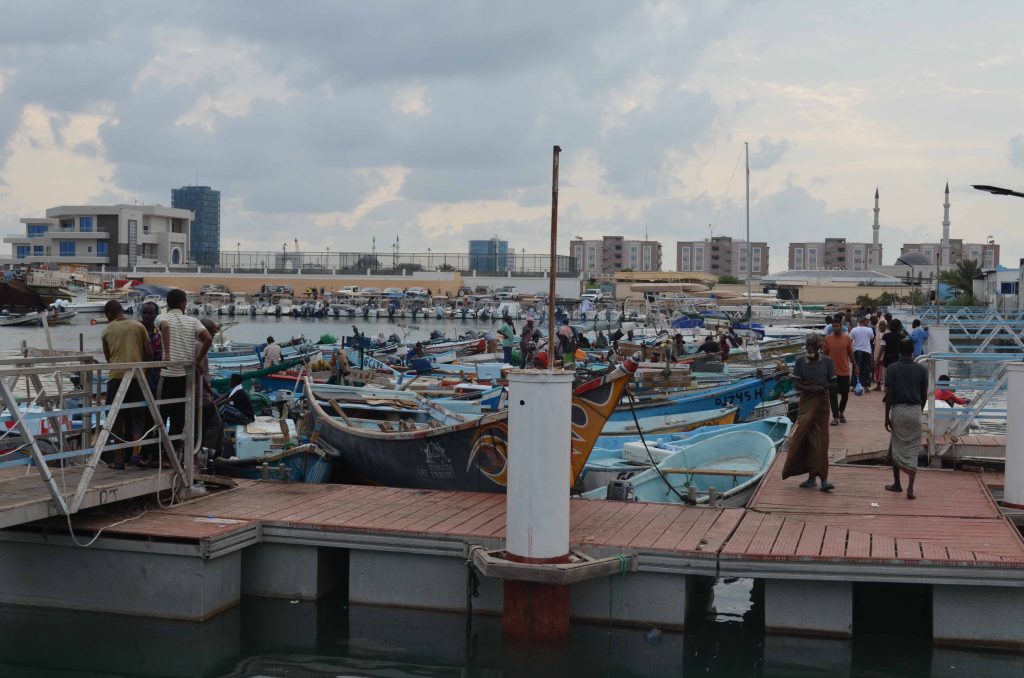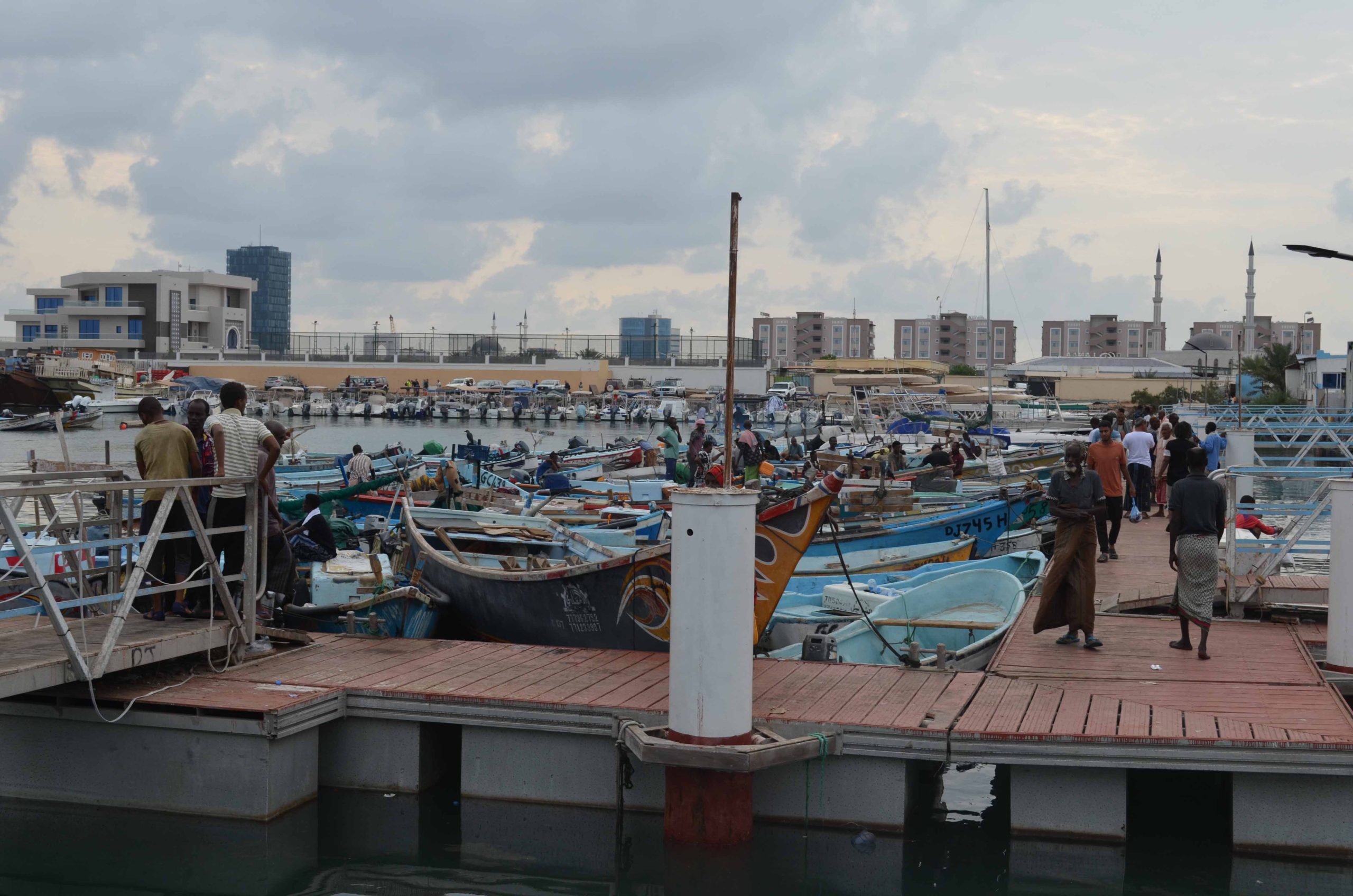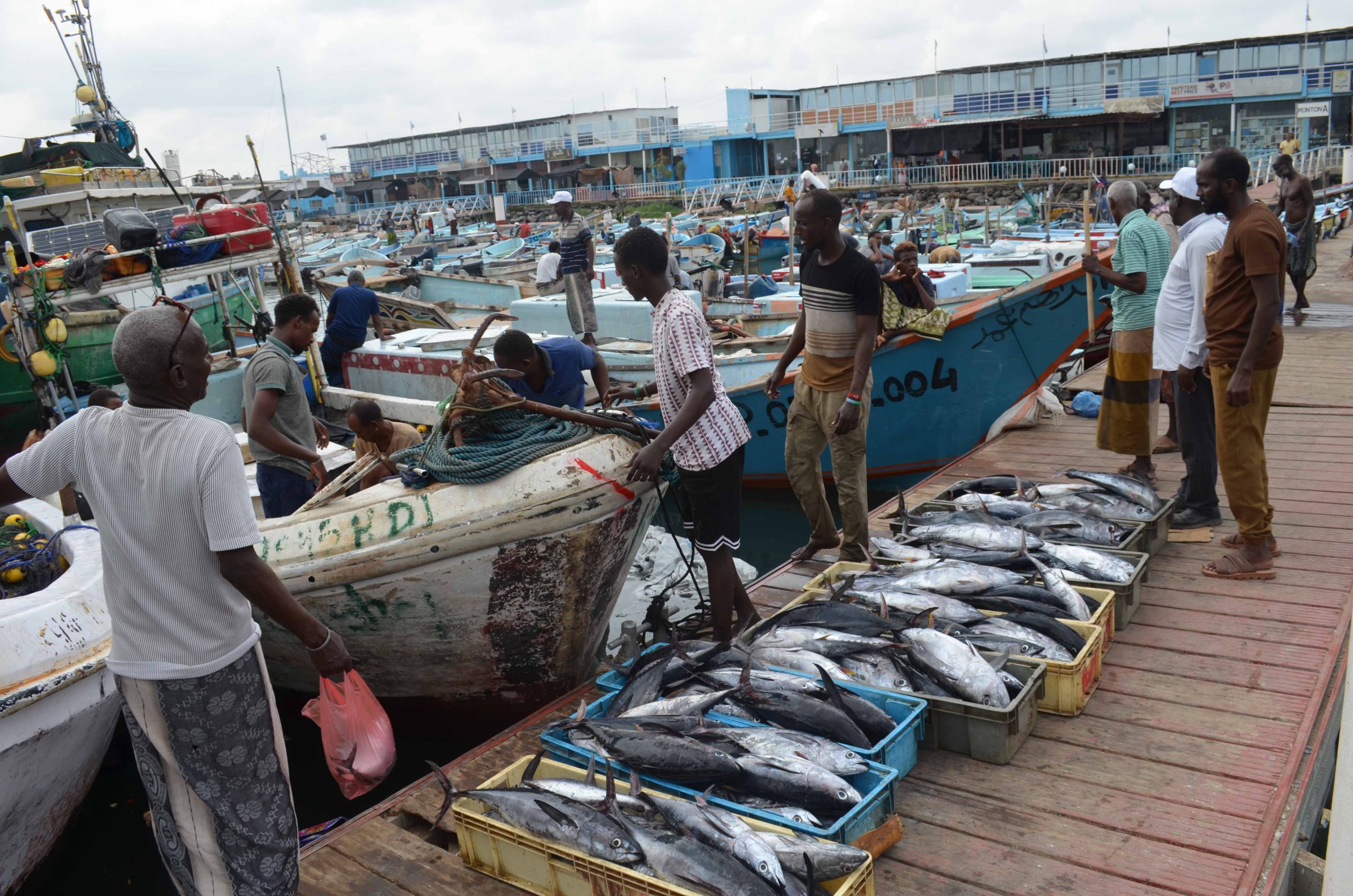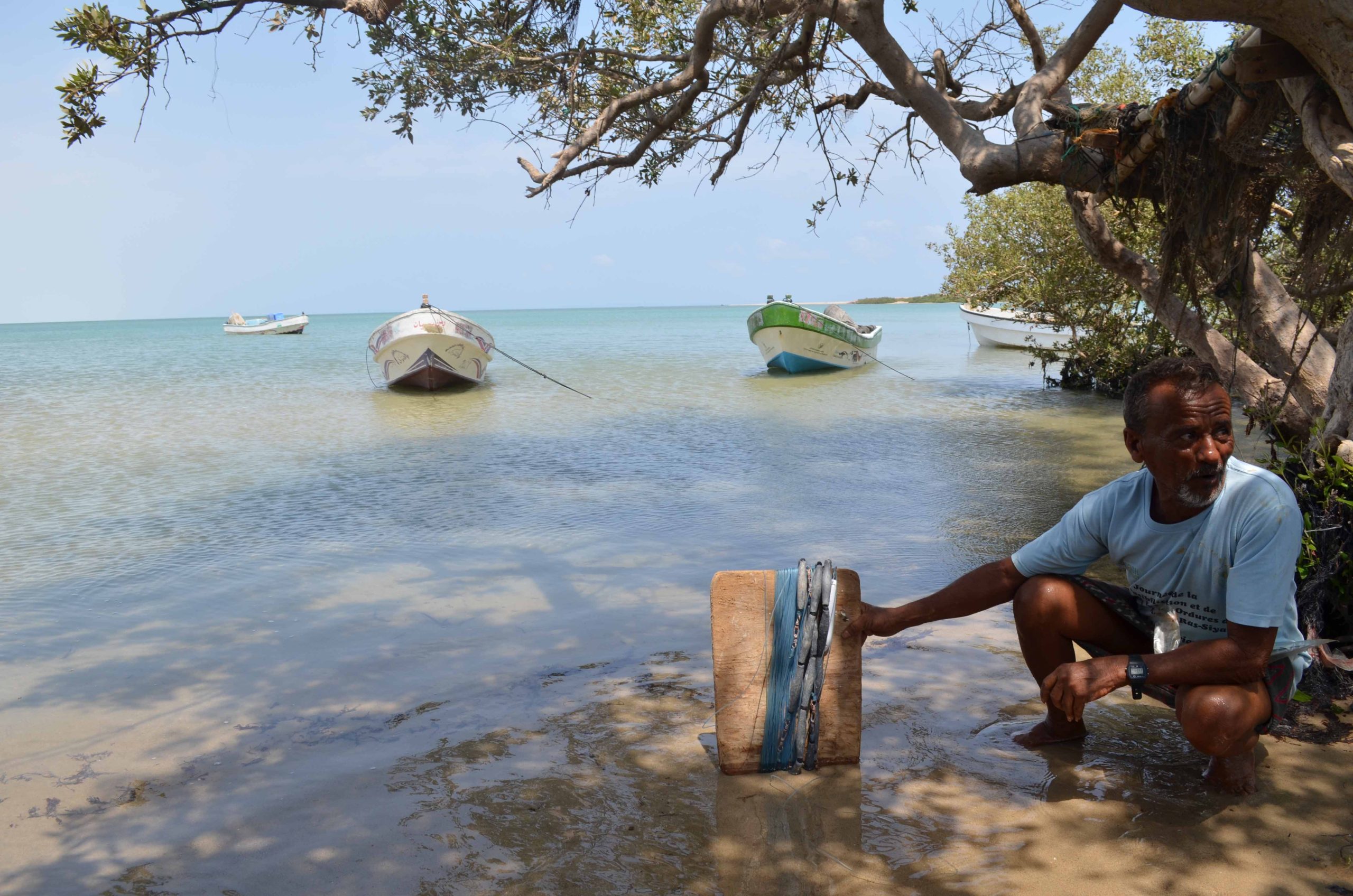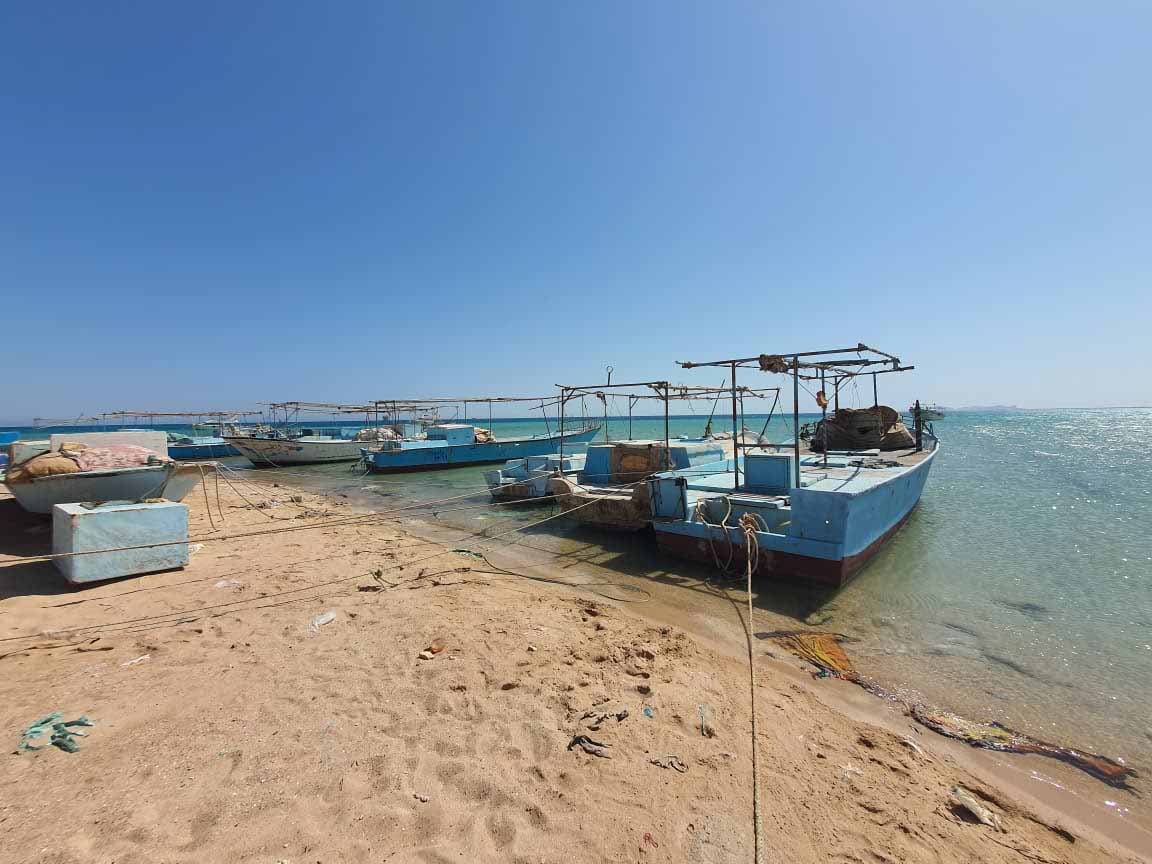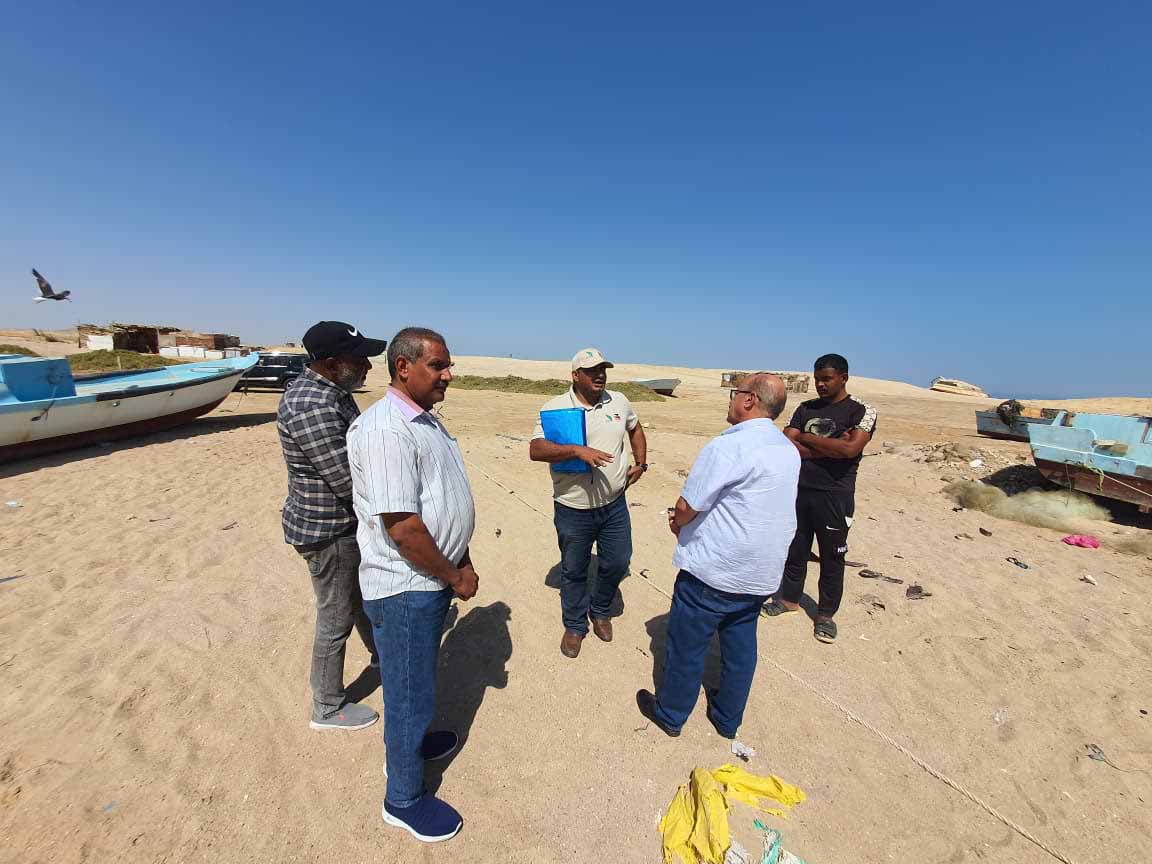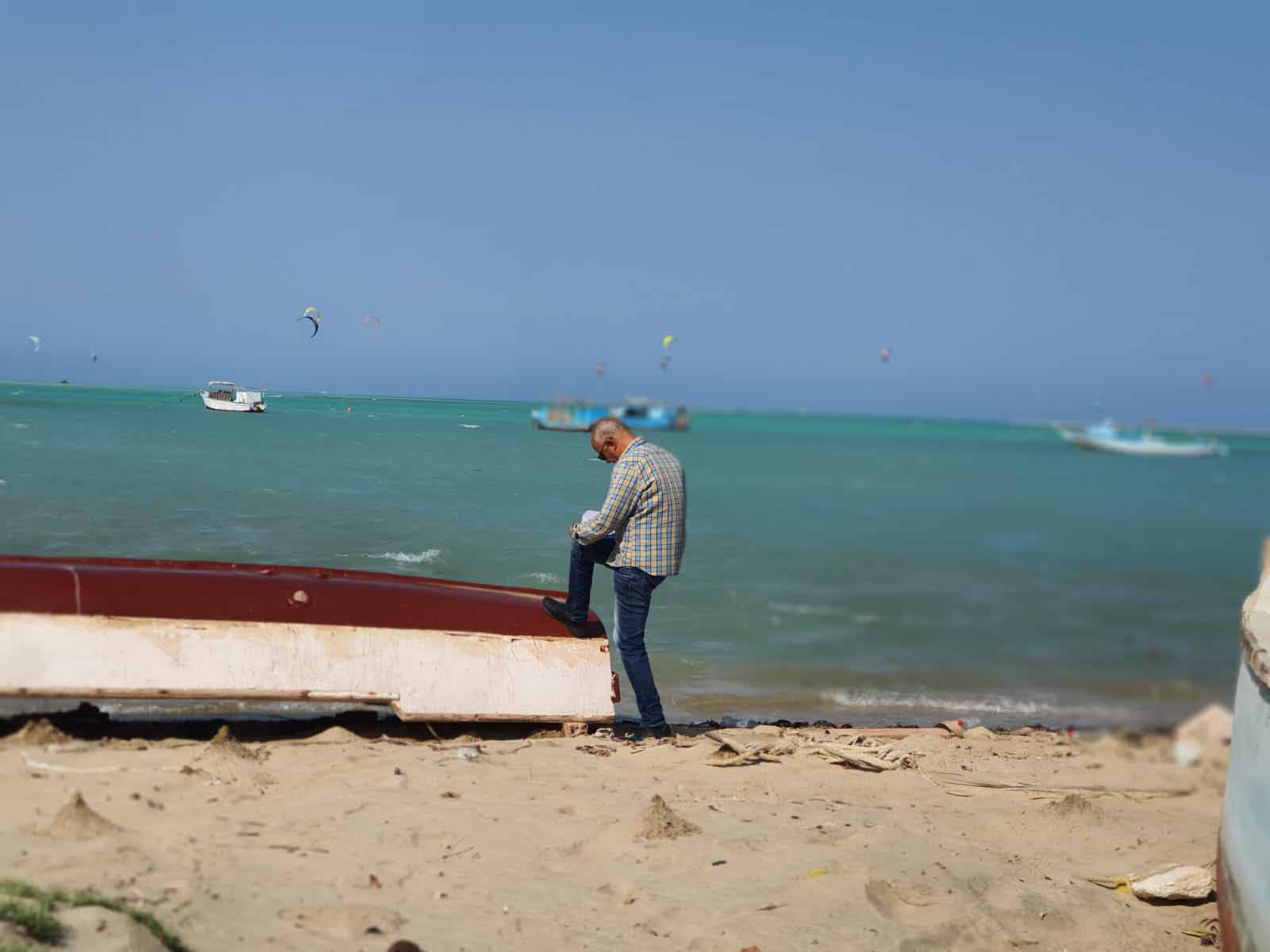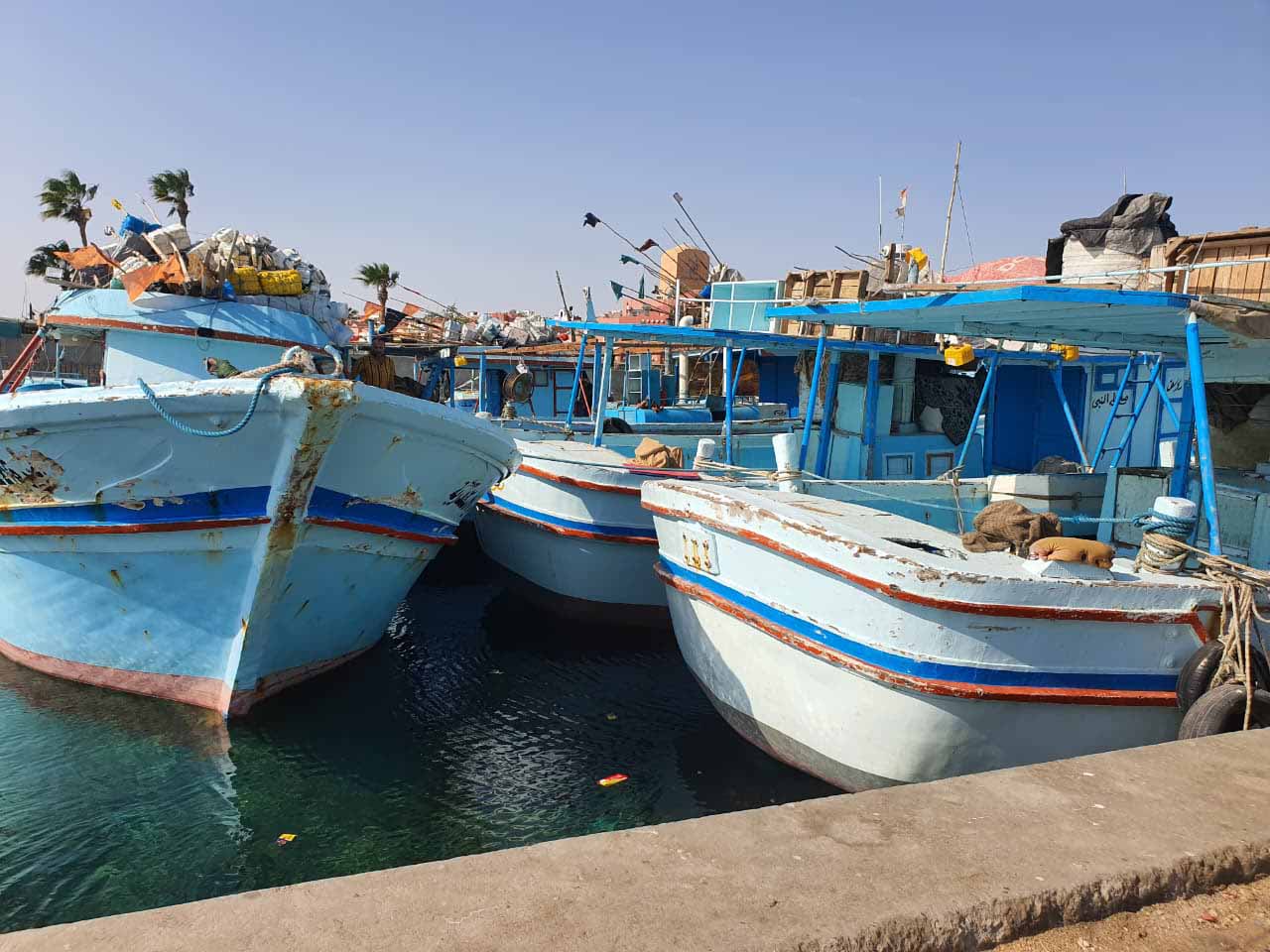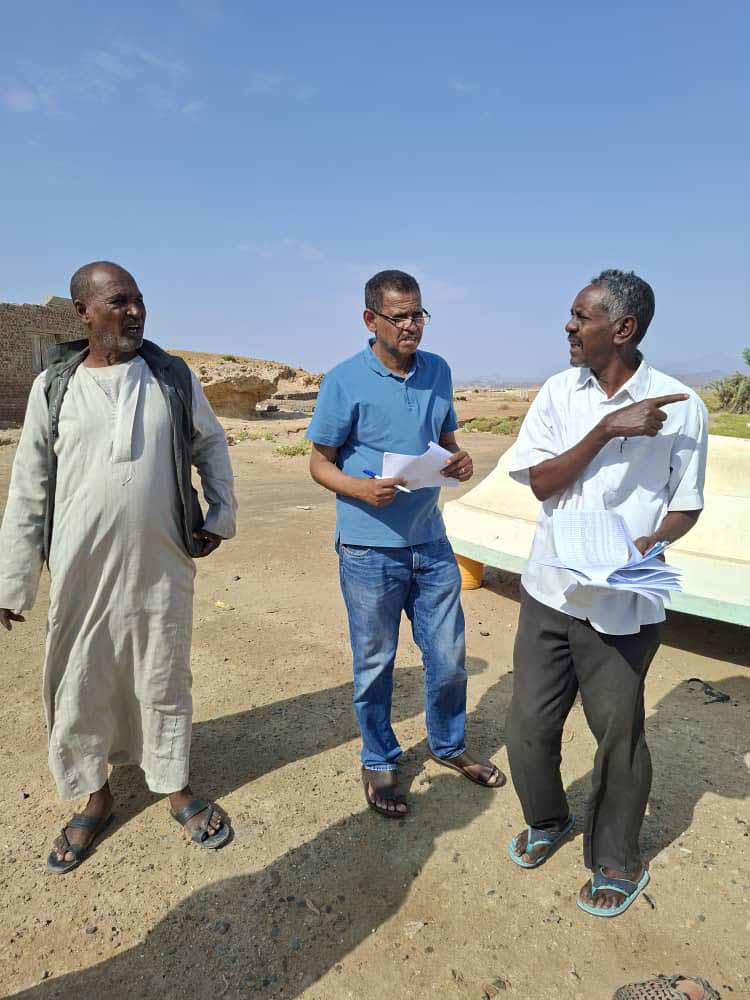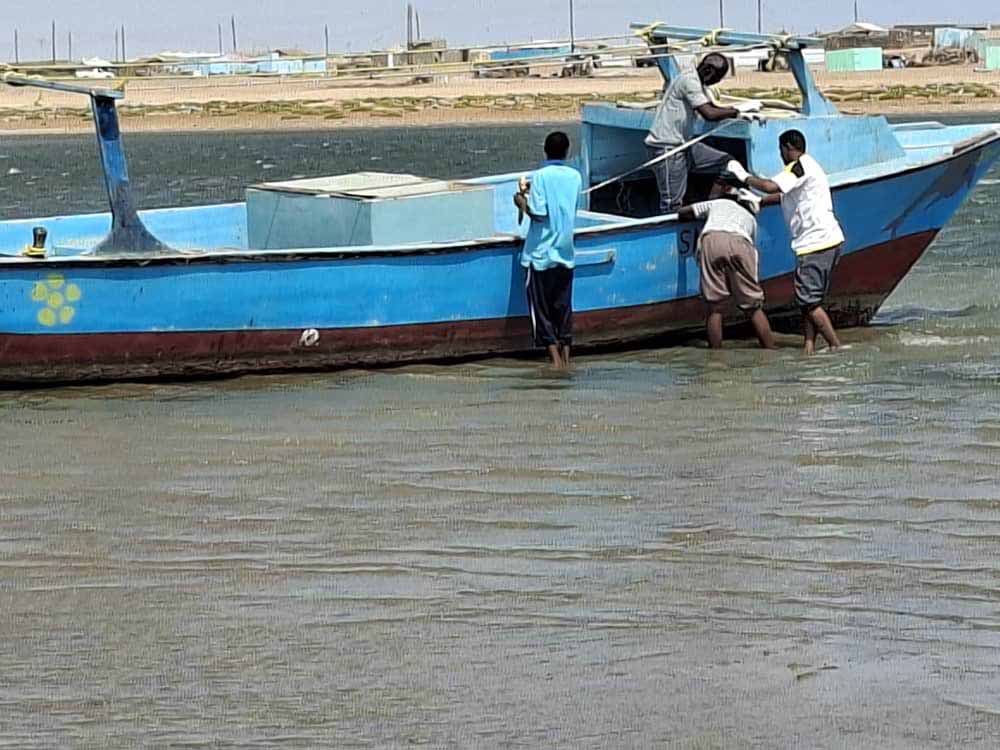As part of the implementation of the World Bank–funded Regional Project on Sustainable Fisheries Development in the Red Sea and Gulf of Aden (SFISH), the Regional Organization for the Conservation of the Environment of the Red Sea and Gulf of Aden (PERSGA) has launched a series of Fishery Frame Surveys (FFS) in Djibouti, Egypt (Red Sea coast), and Sudan, with coordination underway for Somalia (including Somaliland and Puntland).
These coordinated national surveys, which began in September 2025 and will continue through October 2025 in preparation for the regional stock assessment workshop scheduled for early November, are being implemented in close collaboration with national fisheries directorates and in conjunction with environment ministries and agencies serving as PERSGA focal points.
The activity aims to generate up-to-date, reliable, and harmonized fisheries data across the Red Sea region, providing essential inputs for fish stock assessments being carried out under the SFISH Project. Together, these efforts will enhance understanding of fish stock status, support evidence-based fisheries management, and inform the planning and design of long-term monitoring systems for sustainable fisheries in the region.
The surveys focus on collecting and updating comprehensive fisheries census data, including:
- Fishing vessels: type, number, size, activity status, engine specifications, registration port, crew size, and ownership.
- Fishing gears: type, quantity, and technical specifications (e.g., mesh size, hook size, dimensions).
- Fishing effort and catch: trip frequency and duration, seasonal variations, and main species composition.
- Landing sites: suitability for inclusion in national catch monitoring systems.
By consolidating these datasets, the surveys will provide a complete picture of fishing effort and capacity, serving as a foundation for managing fish stocks more sustainably and aligning data systems across the region.
The main objectives of the FFS are to:
- Provide updated and standardized statistical data on actual fishing activities and effort to support ongoing fish stock assessments and guide responsive fisheries management.
- Deliver reliable information for establishing or updating catch monitoring systems, based on the selection of appropriate landing sites and fishing ports.
The surveys also contribute to strengthening the technical capacity of national fisheries institutions through field training, standardization of data collection tools, and enhanced coordination among Member States.
To ensure consistency across countries, PERSGA developed standardized data collection forms and conducted training sessions for all participating national teams prior to the fieldwork.
Each form is designed to capture detailed data for every visited landing site or port, including country name, site name, location, and survey date. The form consists of four main components:
- Vessel information – vessel codes and descriptions.
- Fishing gear information – linked to vessel codes for easy cross-referencing.
- Catch data – records on species composition and fishing effort.
- Landing site evaluation – a simple scoring system to assess site potential for long-term catch monitoring.
This structured approach ensures that the information collected is comparable, verifiable, and suitable for integration into PERSGA’s regional fisheries database.
The ongoing surveys exemplify the strong regional cooperation and shared commitment among PERSGA Member States to advance sustainable fisheries management. The activity also aligns with the broader objectives of the SFISH Project, which seeks to strengthen national and regional capacities for managing marine fisheries and aquaculture sustainably.
The SFISH Project focuses on three main pillars:
- Enhancing PERSGA’s regional database and institutional capabilities for fisheries management.
- Developing training, coordination, and knowledge exchange platforms across Member States.
- Promoting stakeholder engagement and awareness to support sustainable fisheries development.
Through these efforts, PERSGA and Member States are laying the groundwork for a science-based fisheries management framework, ensuring that fisheries in the Red Sea and Gulf of Aden continue to provide economic, social, and environmental benefits for generations to come.
About the SFISH Project
The Sustainable Fisheries Development in the Red Sea and Gulf of Aden (SFISH) Project is a regional project financed by the World Bank and implemented by PERSGA in collaboration with Member States. The project aims to enhance regional cooperation, strengthen institutional capacity, and promote sustainable utilization of marine fisheries and aquaculture resources in the region.

